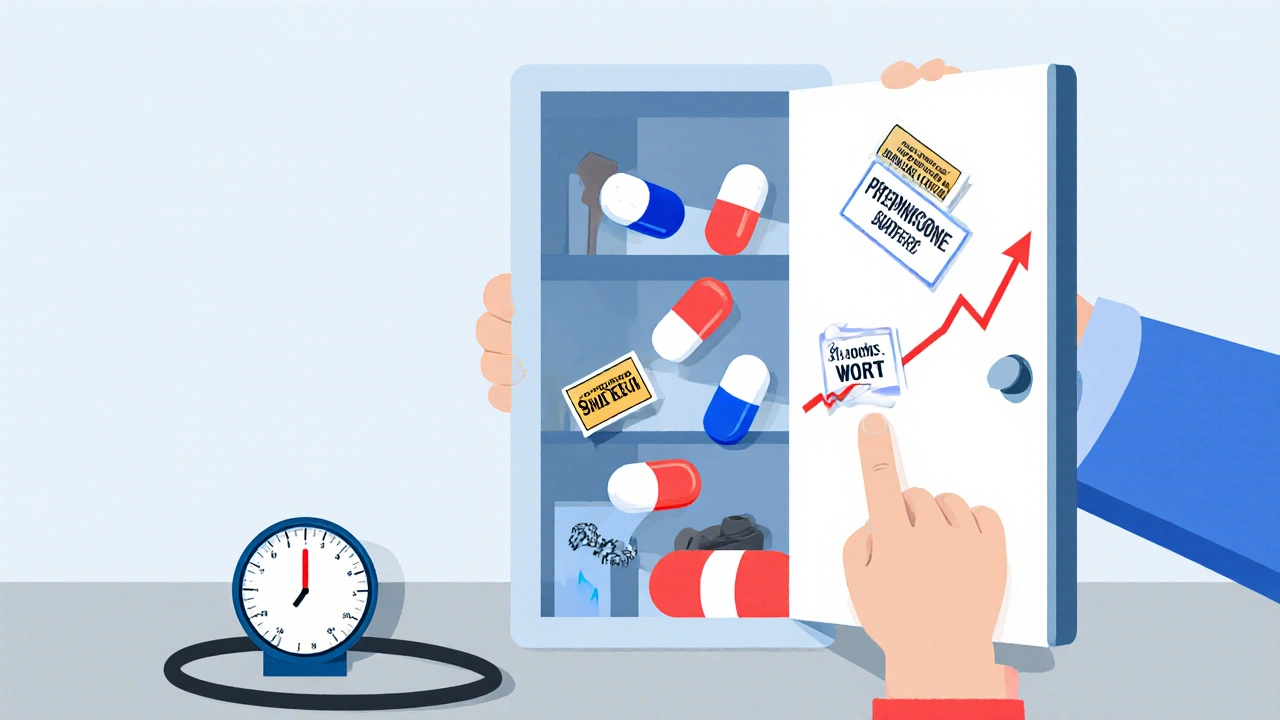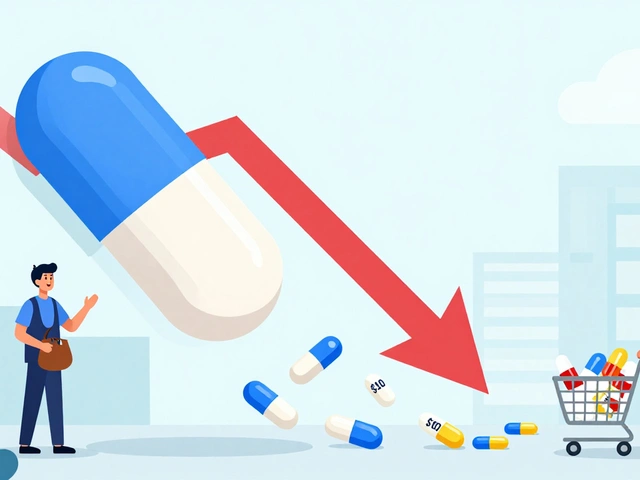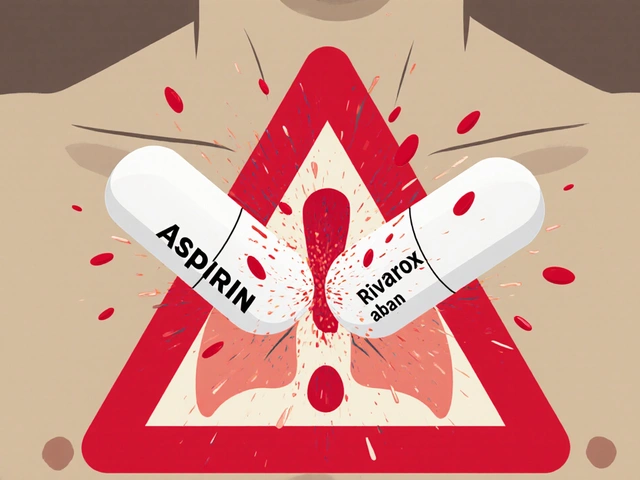Corticosteroids and High Blood Pressure: What You Need to Know
When you take corticosteroids, a class of anti-inflammatory drugs used for conditions like asthma, arthritis, and autoimmune diseases. Also known as steroids, they work by calming your immune system—but they don’t come without trade-offs. One of the most common and serious side effects? A spike in blood pressure. It’s not rare. In fact, studies show that up to 20% of people on long-term corticosteroid therapy develop hypertension. And if you’re already managing high blood pressure, these drugs can make it much harder to control.
This isn’t just about the medication itself. Corticosteroids cause your body to hold onto sodium and water, which increases blood volume. At the same time, they can make your blood vessels more rigid, forcing your heart to pump harder. That’s a double hit. And it’s not just older adults—people in their 30s and 40s on these drugs for lupus or Crohn’s disease are seeing jumps in their readings too. If you’re on prednisone, dexamethasone, or methylprednisolone, your blood pressure isn’t just a number on a screen—it’s a warning sign you can’t ignore.
It’s not all bad news, though. Many people manage this side effect successfully. Cutting back on salt, staying active, and monitoring your pressure at home helps. Sometimes, your doctor might switch you to a lower dose or add a diuretic like hydrochlorothiazide to offset the fluid retention. But here’s the thing: you can’t just stop corticosteroids cold turkey. That’s dangerous. You need a plan. That’s why so many of the posts below focus on real-life strategies—how to balance treating your condition without wrecking your heart health.
You’ll find guides comparing blood pressure meds, tips for managing steroid-induced hypertension, and even how other drugs like modafinil or aripiprazole might interact with your current regimen. There’s no one-size-fits-all fix, but there are clear steps you can take. The goal isn’t to scare you—it’s to help you stay in control.

High Blood Pressure Caused by Certain Medications: How to Monitor and Manage It
Certain medications like NSAIDs, corticosteroids, and decongestants can raise blood pressure. Learn how to spot the signs, monitor effectively, and manage drug-induced hypertension with practical steps and expert-backed advice.
View More




